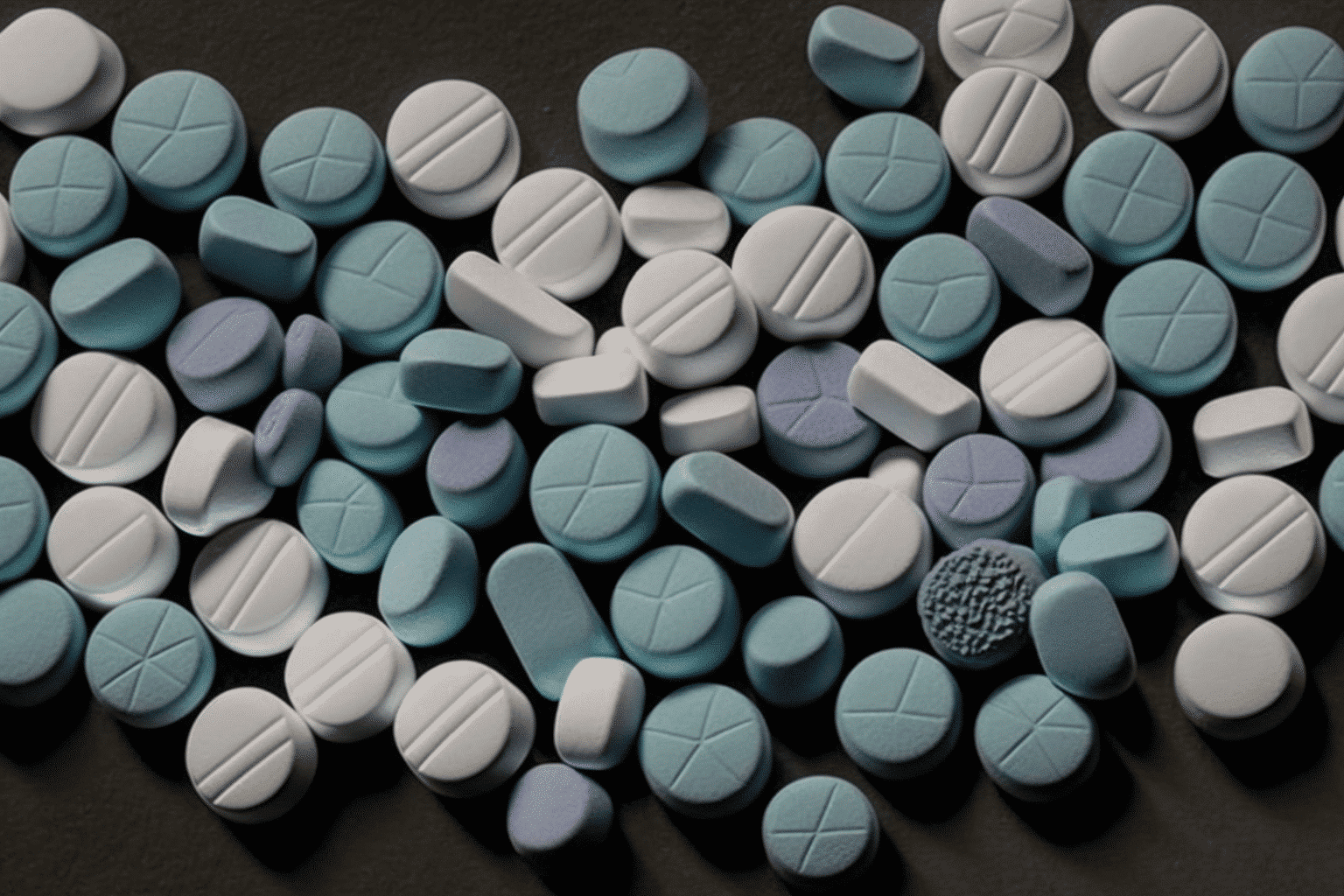The Mexican Defense Department reported that soldiers discovered more than 1.83 million fentanyl pills in a Tijuana stash house on Tuesday. This revelation came a day before Mexico’s president denied the production of a synthetic opioid within the country.
According to a department statement, soldiers monitored the house on Sunday following a tip-off about its involvement in drug trafficking. Nearly 2 million synthetic opioid pills and 880 pounds of methamphetamine were discovered after the soldiers obtained a search warrant. No arrests were made during the raid.
Culiacan, the capital of the northern state of Sinaloa and the base for the eponymous drug cartel, was also the site of a previous seizure of almost 630,000 fentanyl pills. Mexican cartels have been using the border city to manufacture counterfeit fentanyl pills and smuggling them into the United States.
The Drug Enforcement Administration (DEA) has identified the Jalisco and Sinaloa cartels as the primary sources of the fentanyl influx into the U.S., leading to tens of thousands of deaths. Initially developed for cancer pain management, fentanyl is 100 times more potent than morphine. Between December 2020 and December 2021, 107,622 drug overdose deaths were attributed to fentanyl, according to the Centers for Disease Control and Prevention (CDC). Furthermore, fentanyl-laced pill seizures by law enforcement have increased nearly 50-fold since 2018.
The massive fentanyl seizure in Mexico coincided with President Andres Manuel López Obrador’s claim that Mexico does not produce the drug and that the United States is responsible for the problem. Aside from dismissing U.S. travel warnings and reports of violence in Mexico as conspiracies by conservative politicians and U.S. media outlets to tarnish his administration, Lopez Obrador also said Mexico is safer than the United States.
“Mexico is safer than the United States,” López Obrador said at a news briefing on Monday. “There is no problem in travelling safely in Mexico.” Compared to the U.S. homicide rate of around 7 per 100,000 inhabitants, Mexico’s national homicide rate is about 28 per 100,000.
Following the significant fentanyl seizures in Tijuana and Culiacan, Mexican authorities are ramping up efforts to combat drug trafficking and production in the country. The Mexican government has pledged to increase cooperation with the United States to address the growing fentanyl crisis and dismantle the operations of cartels such as Jalisco and Sinaloa.
U.S. and Mexican officials are enhancing intelligence sharing and cross-border collaboration to identify and disrupt drug trafficking routes more effectively. Additionally, both countries are investing in drug prevention and treatment programs to address the root causes of addiction and reduce the demand for illicit substances.
Despite President López Obrador’s claims of Mexico’s safety, many citizens and tourists remain concerned about the ongoing violence and crime linked to drug cartels. The Mexican government has been urged to address security challenges and implement comprehensive strategies to reduce the homicide rate and ensure the safety of residents and visitors alike.
In response to these concerns, the Mexican government has initiated various programs to tackle poverty, improve education, and provide job opportunities, especially for at-risk youth. These initiatives are designed to reduce the allure of joining criminal organizations and foster long-term stability and safety in the country.
While the recent fentanyl seizures and subsequent discussions have shed light on the severity of the drug crisis, Mexico and the United States face a long road ahead in their joint efforts to address this issue. Continued collaboration and dedication will be essential in mitigating the devastating impact of fentanyl and other illicit drugs on communities in both countries.




